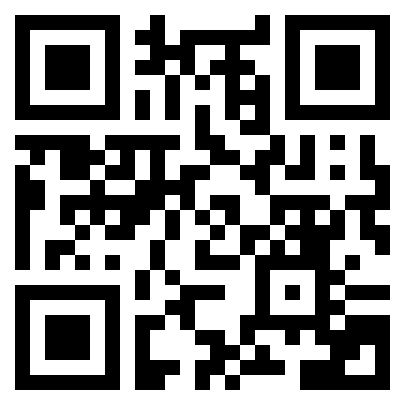Observational learning, also called social learning theory, occurs when an observer’s behavior changes after viewing the behavior: Early Childhood Care & Education Assignment, UCC, Ireland
| University | University College Cork (UCC) |
| Subject | Early Childhood Care & Education |
Definition:
Observational learning, also called social learning theory, occurs when an observer’s behavior changes after viewing the behavior of a model. An observer’s behavior can be affected by the positive or negative consequences-called vicarious reinforcement or vicarious punishment- of a model’s behavior.
Discussion:
There are several guiding principles behind observational learning or social learning theory:
- The observer will imitate the model’s behavior if the model possesses characteristics- things such as talent, intelligence,
power, good looks, or popularity-that the observer finds attractive or desirable - The observer will react to the way the model is treated and mimic the model’s behavior. When the mddel’s behavior is rewarded, the observer is more likely to reproduce the rewarded behavior. When the model is punished, an example of vicarious punishment, the observer is less likely to reproduce the same behavior.
- A distinction exists between an observer’s “acquiring” a behavior and “performing” a behavior. Through observation, the
observer can acquire the behavior without performing it. The observer may then later, in situations where there is an incentive
to do so, display the behavior. - Learning by observation involves four separate processes: attention, retention, production and motivation.
- Attention: Observers cannot learn unless they pay attention to what’s happening around them. This process is influenced by characteristics of the model, such as how much one likes or identifies with the model, and by characteristics of the observer, such as the observer’s expectations or level of emotional arousal.
- Retention: Observers must not only recognize the observed behavior but also remember it at some later time. This process depends on the observer’s ability to code or structure the information in an easily remembered form or to mentally or physically rehearse the model’s actions.
- Production: Observers must be physically and/intellectually capable of producing the act. In many cases the observer possesses the necessary responses. But sometimes, reproducing the model’s actions may involve skills the obseryer has not yet acqufued.It is one thing to carefully watch a circus juggler, but it is quite another to go home and repeat those acts.
- Motivation: In general, observers will perform the act only if they have some motivation or reason to do so. Then presence of reinforcement or punishment, either to the model or directly to the observer, becomes most important in this process.
6. Attention and retention account for acquisition or learning of a model’s behavior; production and motivation control the petformance.
Get Solution of this Assessment. Hire Experts to solve this assignment for you Before Deadline.
Looking for an assignment helper in Early Childhood Care & Education at University College Cork (UCC)? Your search ends here! Our Report Writing Assistance is designed to meet your specific needs. Our expert writers will ensure that your reports meet the highest academic standards. Ireland students can pay our experts to take help on their course. Don't hesitate - avail our services and excel in your coursework today!

